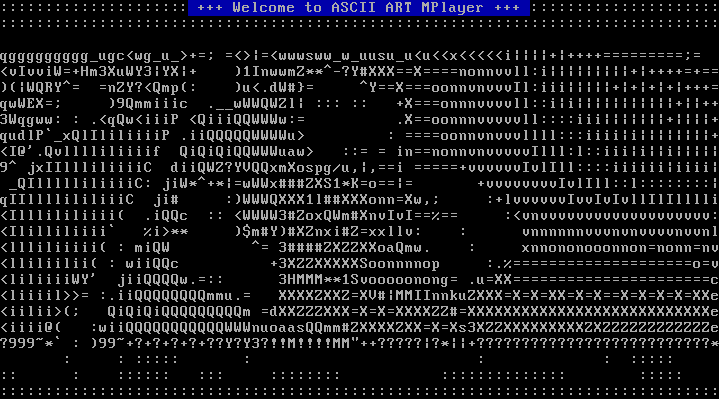Before I start this blog entry for real, let me brag about one technical feat. By changing the Zhongwen Tool to pass array references between subroutines rather than pass the arrays themselves I not only cleaned up the code significantly, I also sped up the speed of execution by a factor of four. Check it out:
- Before:
The code took: 1 wallclock secs ( 1.33 usr + 0.04 sys = 1.37 CPU)- After:
The code took 1 wallclock secs ( 0.33 usr + 0.01 sys = 0.34 CPU).
Monday of last week was my birthday. Like pretty much every year, I did not tell anybody before-hand. I think that by the time November 3rd rolls around each year, I've forgotten how nice it is to be feted by friends. Hopefully by writing it down, I'll remember.
Despite keeping it quiet and hoping it would slip by, many people did notice that it was my birthday. So I have to give credit to a few groups. First, the Impact Bible study baked a cake for me on the Wednesday before my birthday, to be eaten after the study. As luck would have it, that night I decided to ditch and hang out with my colleagues from CCS at Sabor Latino. So I feel sad that it didn't work out. My second birthday celebration came at the hands of my housemates. On Monday night, the night of my actual birthday, Dina cooked a big pot of delicious chili, Marta contributed a salad, Woody broke out the feta and saltines, Seongool cut up a crunchy Korean pear for desert, and I brought a tomato and my smiling face. Dinner was scrumptious, accompanied by Woody's bicycling stories, and followed by gifts (flowers, Little Debbie Swiss Cake Rolls, a 天马 bookmark). Thanks guys!
The following Wednesday, November 5th, I did go to Bible study. Afterwards, Young and a bunch of folks took me out to the Westside Grill for foosball and wings. People here are so thoughtful.
The next day, I went to the weekly research seminar to hear Edward Steinfeld talk about market culture in contemporary China. Dwight and John G both came, and we got to hear Prof Lieberthal be the main discussant on Steinfeld's manuscript. Albert Park even brought up the sticky issue of using the word "culture" that we had touched on in our seminar on guanxi study Wednesday evening; we preferred the term cognative space
. After the seminar, Dwight and I had an hour or so before Lieberthal's PS 339 lecture, so Dwight treated me to the Mediterranean Wraps at Mr. Greek's Coney Island. So generous!
Friday night is when the CCS students typically hang out together, and that week we had two good reasons: my birthday, and the new Matrix movie. I think I already outlined what I planned to do that day; new I'll give a hindsight view. Albert Park had lots of good advice on what general course to take here at Michigan, and helped to clarify several questions I had about plans for next semester and the summer. I was actually pretty nervous about talking to him one-on-one, but he was very warm and accomodating so I walked out feeling pretty good about our talk. After talking with our language exchange partners, I chatted with Helena for too long (again!), and only had time to run to Miranda Brown's office and photocopy some reading for her History of Science class, before we met up for dinner at Dominick's: pizza and antipasta, thank you Helena! The owner's little kids were running around the whole time and talking to customers; very cute kids, they reminded me of my students in Tianjin. A very long and cold walk later, we got to Dan's house to watch the second Matrix movie, and then piled into John's van to catch the third Matrix movie at the Briarwood Mall. After the movie, we stormed into the Full Moon on Main Street for beer and billiards,
as Helena puts it. My driver's license actually expired a couple of days ago, but they didn't even notice at the Full Moon (Dominick's made a big fuss, and we didn't even intend to order alcohol!).
You might think that this would be enough socializing for a while. But no, on Saturday I went out after the 8pm CCS film series movie with Dwight, Dan, Xiaomu, Kim, and a bunch of hispano-parlante grad students from PoliSci and Public Policy. But yes, that marked the end of the flurry of social activity surrounding my birthday. As you can see, I'm surrounded by generous and caring people, I don't think I could have asked for a better group of friends this year!
About the weather: all the leaves have fallen off the trees, and some light showers have wetted them into a decomposing organic slush that splatters onto my jacket as I ride to class in the morning; it has been freezing cold for the last week or so, but this morning it turned warmer, around mid-afternoon the wind picked up, and now I hear rumors that Ann Arbor is on tornado alert. Tornadoes!
School life in general is still busy. I've got a ton of reading for my CCS seminar, the History of Science class is a hundred times more interesting than the history class I swapped it for, and I'm feeling a lot better about my Chinese class now that the lessons are getting harder. I've got a big research paper due for Lieberthal's class next week that I should put a major dent into this weekend; wish me luck.
There are a couple of things I would like to do before the semester is over, I just need to find somebody to do them with: go to the art museum here on campus, and take a day trip into Detroit. Also, I'd like to hook up with Tomo again for some activity or another. Shoot the breeze about computer stuff some more. Yeah.







